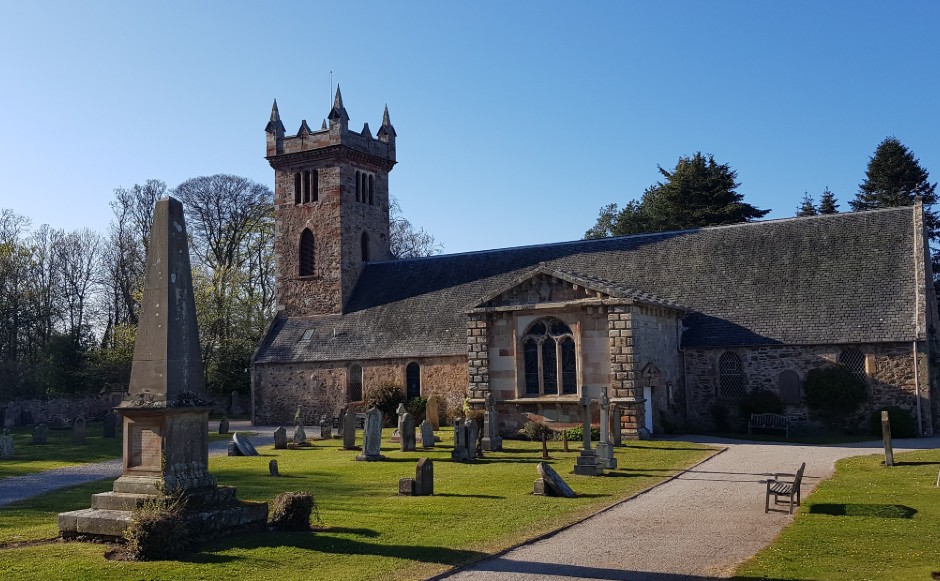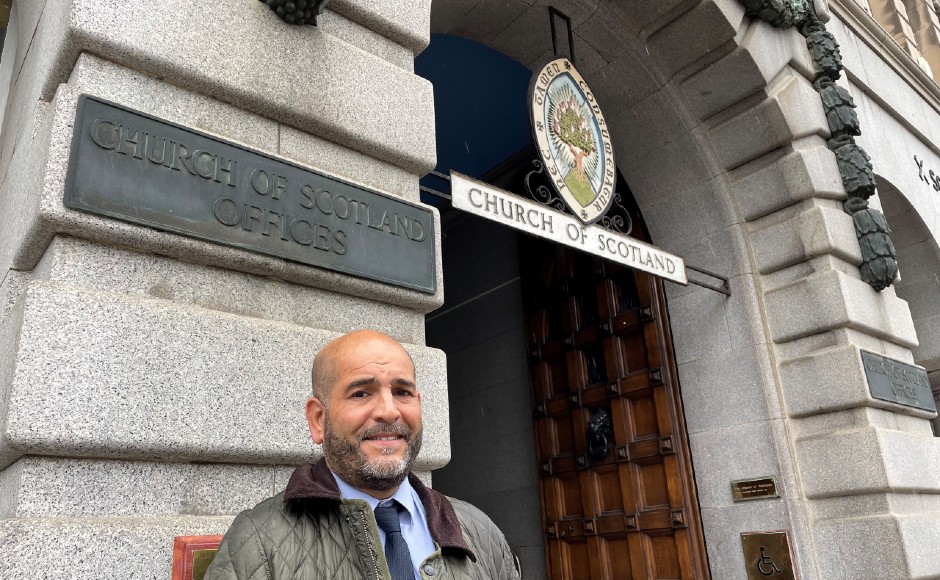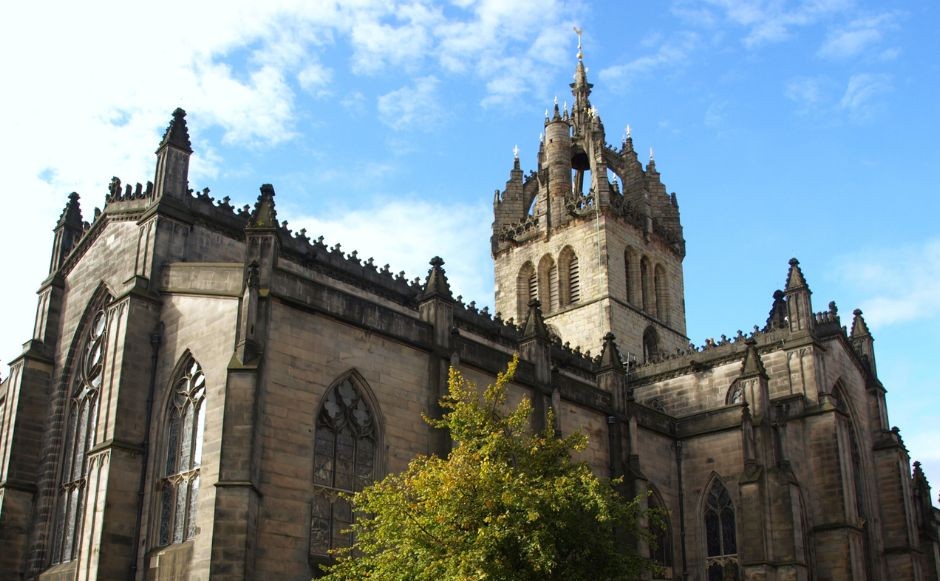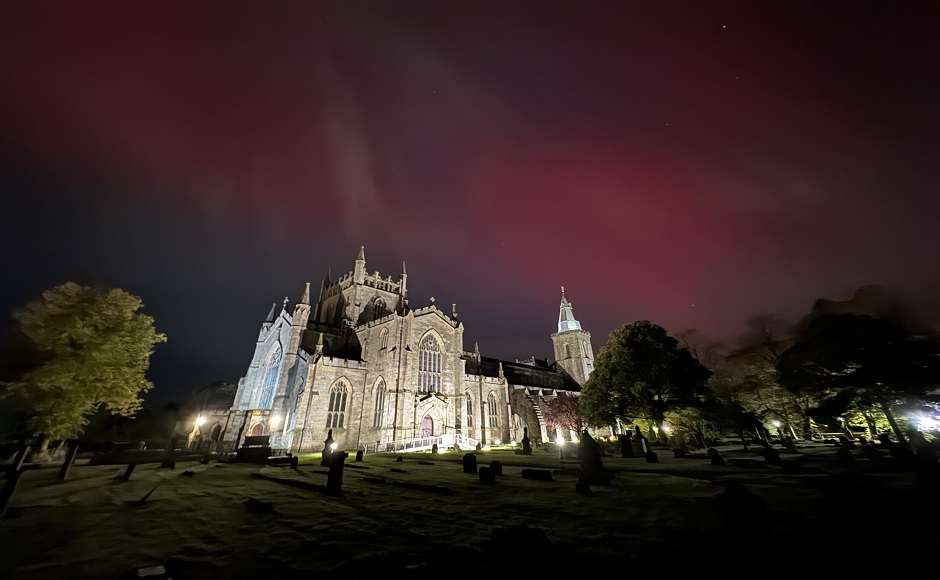Concerns over new fire alarm response policy
Published on 30 June 2023
Concerns have been raised about the impact a new fire alarm response policy could have on Church buildings.
The General Trustees, the Kirk's property holding arm, said they are worried that the directive could cause confusion among volunteers, and increase costs and risk to properties during out-of-office hours, particularly in rural areas.

From tomorrow, the Scottish Fire and Rescue Service will no longer travel to investigate all automatic alarms in a bid to cut the number of unnecessary callouts.
When an alarm is activated, those with fire safety responsibility within a building, known as the duty holder, will have to investigate and confirm there is a fire or sign of fire, and call 999 before control staff send any firefighters.
This new policy affects all church buildings, the Church offices, the General Assembly Hall, and the Scottish Storytelling Centre/John Knox House, all in Edinburgh.
Time critical
Mo D'souli, Health, Safety, Risk and Compliance Manager for the General Trustees, said: "We understand the desire to reduce the number of unwanted fire alarm call-outs but we have concerns about the impact this new policy could have on Church buildings, particularly those of historical and national significance and ones in remote and rural areas.
"Under the plans, a duty holder will have to investigate and confirm a fire or sign of fire before the Scottish Fire and Rescue Service control room dispatch crews.
"But there is a lack of clarity around what might be considered equivalent to visual confirmation of fire to enable office bearers to make confident judgments, and we fear it will lead to confusion.
"We understand that the protection of life within occupied buildings is a priority and emergency procedures can be quickly activated by people on site in the event of an outbreak.
"However, we are concerned about the impact on buildings during out-of-hour periods when they are empty.

"All fire alarm activations are time critical whereby a small break out can quickly lead to a major incident and cause significant damage to property.
"There will no doubt be a high financial cost to the Church if we are to increase the level and sophistication of fire alarm systems and detector components in our most significant heritage buildings and provide additional resources and training to duty holders.
"It is also likely that increasing the time of a Scottish Fire and Rescue Service response could impact on the average cost of dealing with fires, particularly in large heritage buildings.
"This could reduce risk appetite amongst insurance companies for these properties and drive up costs in the long-term."
The General Trustees have produced a detailed guidance document on how to respond to activated fire alarms which have been sent to all presbyteries, congregations and other relevant parties.
It will soon be uploaded to the Health and Safety Toolkit/fire safety section on the Church of Scotland website.

